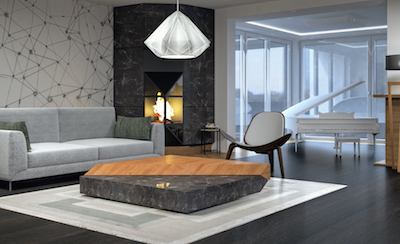Piano maintenance is important to keep your instrument in the highest quality throughout the year.
If you’ve had your piano for any length of time, you understand that how well your piano plays and sounds depends on a variety of factors.
- How often you tune it
- Where it resides in your home
- The environment it sits in
Of course, you can’t control how hot or cold it gets outside, any more than you can control how much humidity or dryness of the outside air. But the more you work at controlling the environment your piano sits in, the better condition your piano will remain. 
Wood changes depending on the conditions. If it sits in dry conditions for long periods of time, it dries out and risks cracking. If it sits in moist conditions, it runs the risk of warping or mildewing. Pianos are primarily made out of wood, which means it can be influenced heavily by the conditions around it.
It’s not just the piano case; the soundboard is equally at risk. This is where the strings are attached and vibrate to produce sound. If the wood expands, it can cause internal damage to your piano. And that will leave behind repercussions for overall sound.
Be conscious of where you place your piano.
- Keep your room properly temperature controlled
- Avoid direct sunlight
- Avoid placing near a fireplace
- Avoid placing near vents and registers
If your piano hasn’t had proper maintenance, now is the time. It’s good to schedule a maintenance visit at the change of seasons, to ensure severe heat or cold haven’t impacted the sound of your piano.
Is your piano in the best spot in your home for avoiding severe temperature differences?

